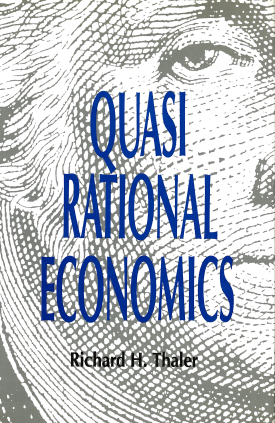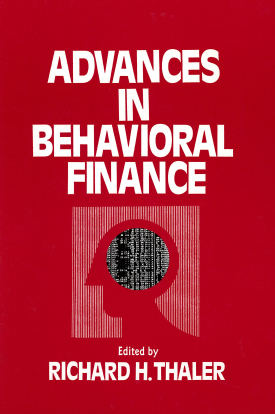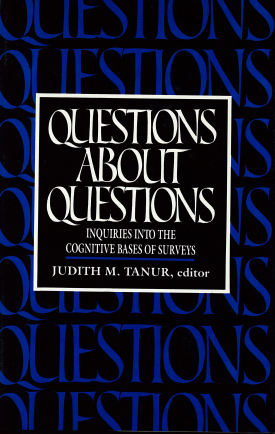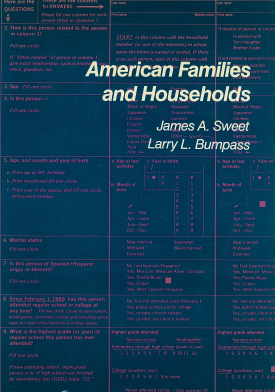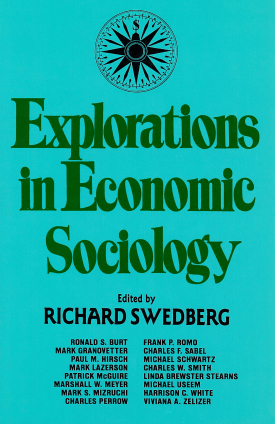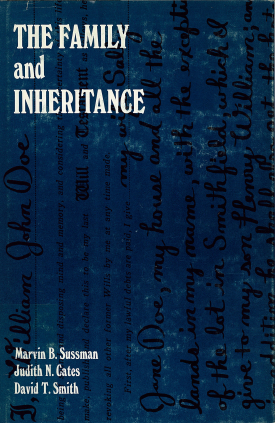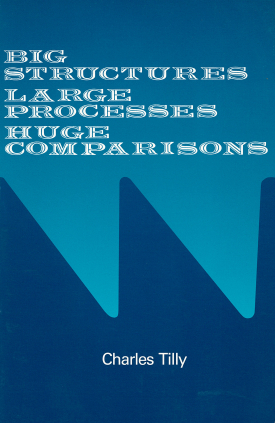
Big Structures, Large Processes, Huge Comparisons
About This Book
This bold and lively essay is one of those rarest of intellectual achievements, a big small book. In its short length are condensed enormous erudition and impressive analytical scope. With verve and self-assurance, it addresses a broad, central question: How can we improve our understanding of the large-scale processes and structures that transformed the world of the nineteenth century and are transforming our world today?
Tilly contends that twentieth-century social theories have been encumbered by a nineteenth century heritage of “pernicious postulates.” He subjects each misleading belief to rigorous criticism, challenging many standard social science paradigms and methodologies. As an alternative to those timeless, placeless models of social change and organization, Tilly argues convincingly for a program of concrete, historically grounded analysis and systematic comparison.
To illustrate the strategies available for such research, Tilly assesses the works of several major practitioners of comparative historical analysis, making skillful use of this selective review to offer his own speculative, often unconventional accounts of our recent past.
Historically oriented social scientists will welcome this provocative essay and its wide-ranging agenda for comparative historical research. Other social scientists, their graduate and undergraduate students, and even the interested general reader will find this new work by a major scholar stimulating and eminently readable.
This is the second of five volumes commissioned by the Russell Sage Foundation to mark its seventy-fifth anniversary.
"In this short, brilliant book Tilly suggests a way to think about theories of historical social change....This book should find attentive readers both in undergraduate courses and in graduate seminars. It should also find appreciative readers, for Tilly is a writer as well as a scholar." —Choice
CHARLES TILLY is at the New School for Social Research.

